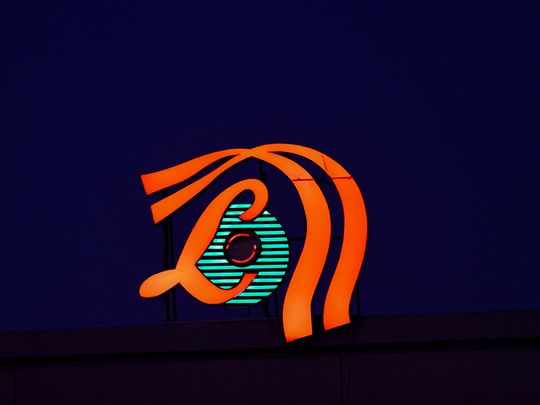
To paraphrase Simon Schama, history’s relationship to memory is rather like the of a sober daughter giving meaning to the recollection of her flighty mother.
Somewhat similar sentiments can be echoed about November 6, which will be long remembered for the historical comeback of Donald Trump. Perhaps, what will end up lost in the footprints of the sand will be the announcement of the LuLu Retail oversubscription. (All recent IPOs have been oversubscribed in the UAE, so not much of a surprise there)
There is the participation of more than 80,000 retail investors, with a substantial number of them being first-time participants in the UAE capital markets.
The announcement to increase the overall size of the IPO whilst keeping the retail tranche unchanged was on the surface a puzzling one, but has been received positively by the investment community. And indicating that pent up demand may well spill over to the secondary markets as momentum continues for the IPO train.
As we know by now, not all IPOs have done well in the secondary markets and whilst there are myriad reasons, here is a little known fact that illustrates the vibrancy of the domestic capital markets. If an investor had equally invested in all the IPOs since the UAE privatization program began more than 2 years ago, the compounded total return would have been greater than the S&P500 over the same period.
Investors can make of that what they will, but it highlights the price discovery phase of a maturing market, in the same way that we saw in the real estate markets back when the freehold phenomena started.
Retail investors go all in
Whatever else may be drawn by way of conclusion, this is not an argument in favor of diversification. Even though information dissemination regarding earnings and analysis has improved, it remains well behind of what it should be.
This is not necessarily a bad thing, for it allows the growing number of investors who have jumped on the bandwagon to deploy capital in an increasingly savvy manner.
The fact remains that retail investors are more disparaged than not, even though collectively they have a better understanding of businesses than what they have been given credit for.
Institutional activity, which typically dominates market volumes, has also increased its presence Vanguard participated in the LuLu offering, and expect more high-profile names to come onboard for the next set of IPOs.
In both cases, the impulse for diversification (or speculation) has taken away from performance rather than add to it.
John Burr Williams, in his book ‘The Theory of Investment Value’, wrote ‘to gain by speculation, a speculator must be able to in the last analysis foresee changes in opinion’.
Rather, the focus has to be on what the asset (or the business) produces, and if that discipline is followed, the perspective changes. Investors in the UAE may still be coming to terms with some of the fundamentals of investing, but they have demonstrated an intuitive understanding of which companies have strategic advantages, as in the cases of ADNOC Drilling, Salik, Parkin, ADNOC Logistics, Taaleem and Tecom to name a few.
To camp with business-driven investors is to stamp out FOMO and be more focused on the economic changes of the business rather than stock price fluctuations. We live in a world where for the most part, that paradigm has been turned on its head. But whenever sanity does prevail, the focus of quality over flash will drive decision-making.
Lulu, is poised to be an invaluable addition to the portfolio of the domestic and emerging markets portfolio.
Secondary market buy choices
Traditional investing fundamentals eschews the practice of subscribing to IPOs. As markets in the UAE and the region become more liquid and efficient, there will always be greater opportunities in the secondary markets. (The same can be said of the real estate markets here, or for some of the recent IPO laggards here as well).
In the initial stages of capital market development, when price discovery is still yet to be anchored, the opportunities that come by way of primary offerings are ones that are unlikely to repeat.
It may well be that the IPO markets remain attractive or, alternatively, become too expensive as investment bankers demand higher valuations. What we do know is when we look back this period, history’s eloquence will be inseparable from what’s been witnessed.
“We were there” will be the words spoken about this phase of the primary markets.
Trump’s comeback will long be remembered in world history, but there will be another history of capital markets. And that’s where these retail investor stories will surface.













